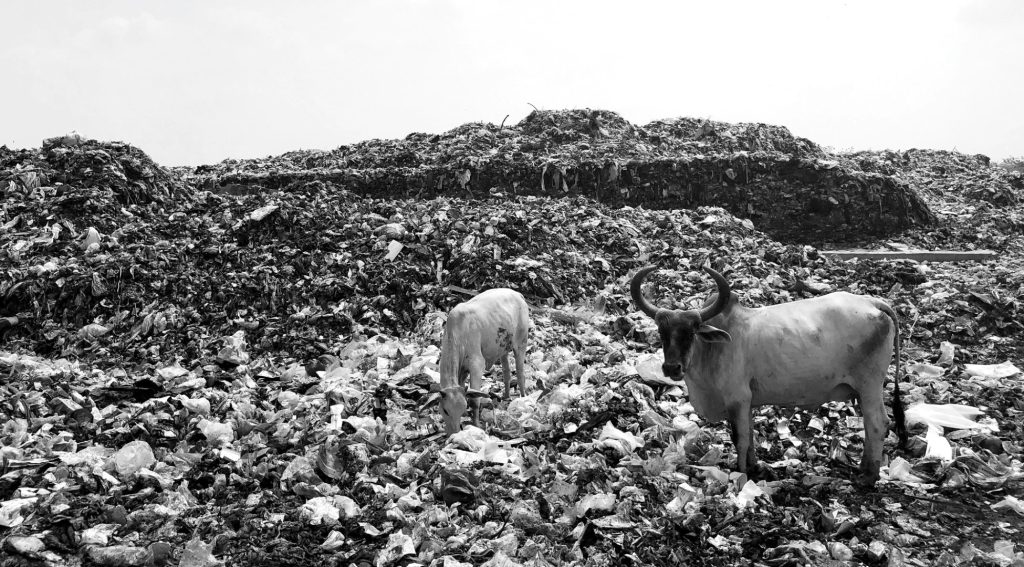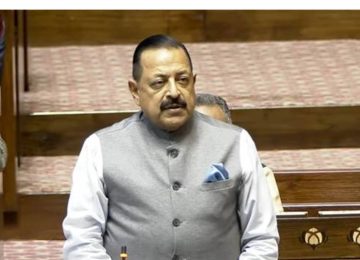For quite some time, I have been wanting to write about some of the interesting initiatives in waste management being carried out across India. Perhaps the best place to begin is the southernmost state, Kerala.
Recently, Kerala inaugurated a dedicated recycling unit for diapers and sanitary waste—a category that often goes unaddressed yet poses serious health and environmental risks. The facility has been designed not just to collect and segregate but also to recycle sanitary waste. This includes diapers, sanitary napkins, and even medicine strips. The unit has been integrated into the wider waste-collection value chain so that the collection mechanism operates smoothly and sustainably.
This is not Kerala’s first step toward responsible waste management. I recall a remarkable earlier initiative – the establishment of a plastic collection and recycling program built on the principle of the circular economy. What made it stand out was the involvement of women-led self-help groups. Under this system, every household pays a nominal fee to these groups, who collect plastic waste regularly from homes.
The material is sent to a recycling facility in Thiruvananthapuram. This model not only ensures community participation but also generates jobs at the grassroots level, offering a tangible example of how waste can be repositioned as a resource in the circular economy.
Another experiment by the state has been e-waste collection. Through the Haritha Karma Sena (Green Army), nearly 34,000 kilograms of e-waste were collected during a pilot phase, with households being paid money in exchange of waste. The value of payouts touched about Rs. 2.63 lakh. What is noteworthy here is that the program covered 44 different categories of non-toxic e-waste items, which were later segregated and channeled by Clean Kerala Company for recycling or safe disposal. Learning from the pilot’s success, the state is scaling this initiative across the state.
But Kerala isn’t alone in experimenting with innovative approaches. For instance, the Municipal Corporation of Greater Mumbai (BMC) has rolled out a dedicated collection service for sanitary and special-care waste. From May to mid-August alone, the BMC collected over 202 tons of such waste. Now, they’ve also mandated that bulk waste generators (BWGs), such as large residential complexes and commercial establishments, segregate and register for the service.
This is a crucial step forward, as sanitary and biomedical-like household waste—used pads, diapers, contaminated cotton, expired medicines – is often dumped with regular garbage, exposing waste workers and communities to infections.
Initial Assessment
Zooming out to the national level, one realizes that India is grappling with a massive waste crisis. As of recent estimates, India generates about 160,000 tons of municipal solid waste daily, of which only 30–35% is effectively processed. Shockingly, sanitary waste alone amounts to an estimated 12 billion pads and 45 billion diapers disposed of annually – most of which end up in landfills. Segregation is a huge bottleneck; a large proportion of Indian households still mix biodegradable and hazardous waste with routine dry waste, making scientific disposal nearly impossible.
That said, several states are showing encouraging progress. Karnataka has introduced color-coded bins to enforce segregation-at-source, with Bengaluru piloting digital waste collection tracking mechanisms.
Telangana has adopted decentralized composting models and is exploring waste-to-energy projects, while Delhi has established specialized e-waste collection centers in collaboration with private recyclers. On the north-eastern front, Sikkim has been a frontrunner in banning single-use plastics and encouraging home composting, setting a community-based example for the country.
The common thread across these efforts is clear—when local authorities take the lead, backed by community participation, technology, and circular economy thinking, waste can be drastically reduced from reaching overflowing landfills. If such initiatives were scaled and replicated nationwide, we could begin to address India’s mounting waste challenge meaningfully.
In my view, the time has come for us to stop treating waste merely as “garbage” and start seeing it as a resource waiting for appropriate handling. Segregation at source, dignified involvement of waste workers, decentralized recycling, and citizen responsibility must form the backbone of India’s waste management strategies. With each state experimenting and learning, the possibility of a cleaner, healthier, and more sustainable India does not seem out of reach.












